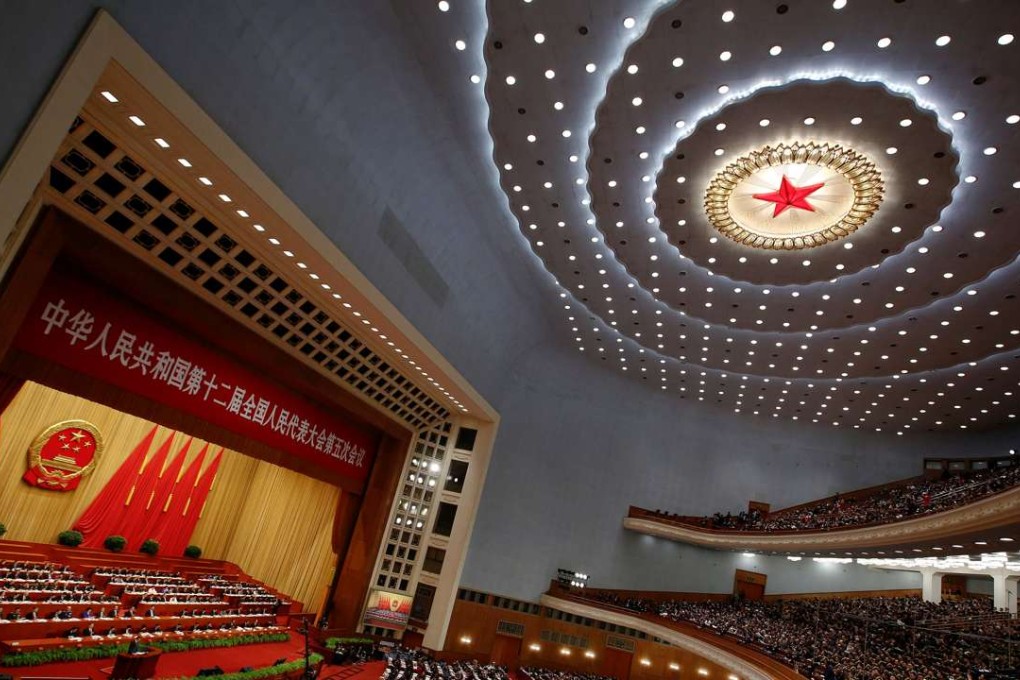Beijing pledges more tax cuts ... but are they enough to jump-start China’s economy? Business heavyweights aren’t convinced
Premier Li Keqiang told parliamentary gathering on Sunday that corporate tax burden would go down by 350 billion yuan

Beijing says it has already cut taxes and will continue to do so in 2017 - but the country’s entrepreneurs are asking the government to do more.
Premier Li Keqiang said in his annual government work report delivered to the country’s parliamentary gathering on Sunday that Beijing would cut the corporate tax burden by 350 billion yuan (US$50 billion) and slash administrative fees by 200 billion yuan in 2017. Li claimed that taxes were cut by 570 billion yuan in 2016.
However, Beijing’s plan did not involve any broad tax-rate cuts, unlike US President Donald Trump’s promise to slash the corporate rate from 35 per cent to 15 per cent. Also, China’s tax cuts cannot be verified independently. While the government insists it cut taxes last year, Beijing’s own numbers show that revenues grew 4.3 per cent to 13 trillion yuan, or about 10,000 yuan per capita on average.
The combined business tax and value-added-tax (VAT) revenues were 5.22 trillion yuan in 2016, against a total of 5.04 trillion yuan in 2015, showing that there was no overall tax cut as a result of Beijing’s VAT reform.
Wang Wenbiao, the vice chairman of the All-China Federation of Industry and Commerce and chairman of Elion Resources Group, said the promised tax cuts, if realised, would be “a bonus for Chinese enterprises”.